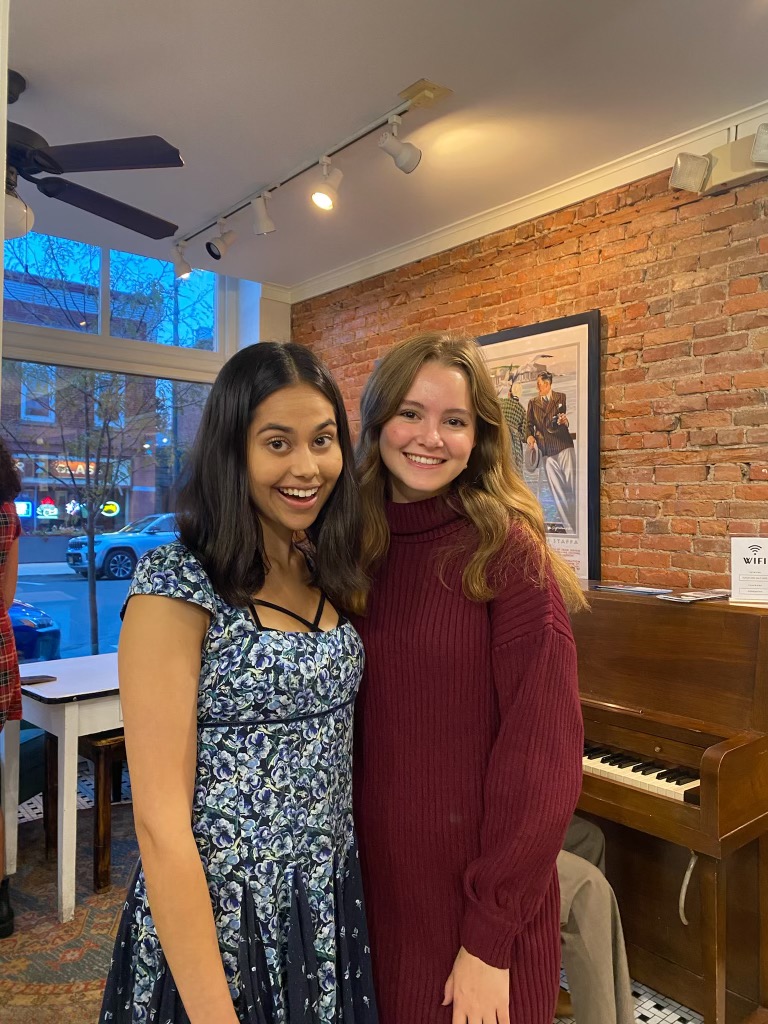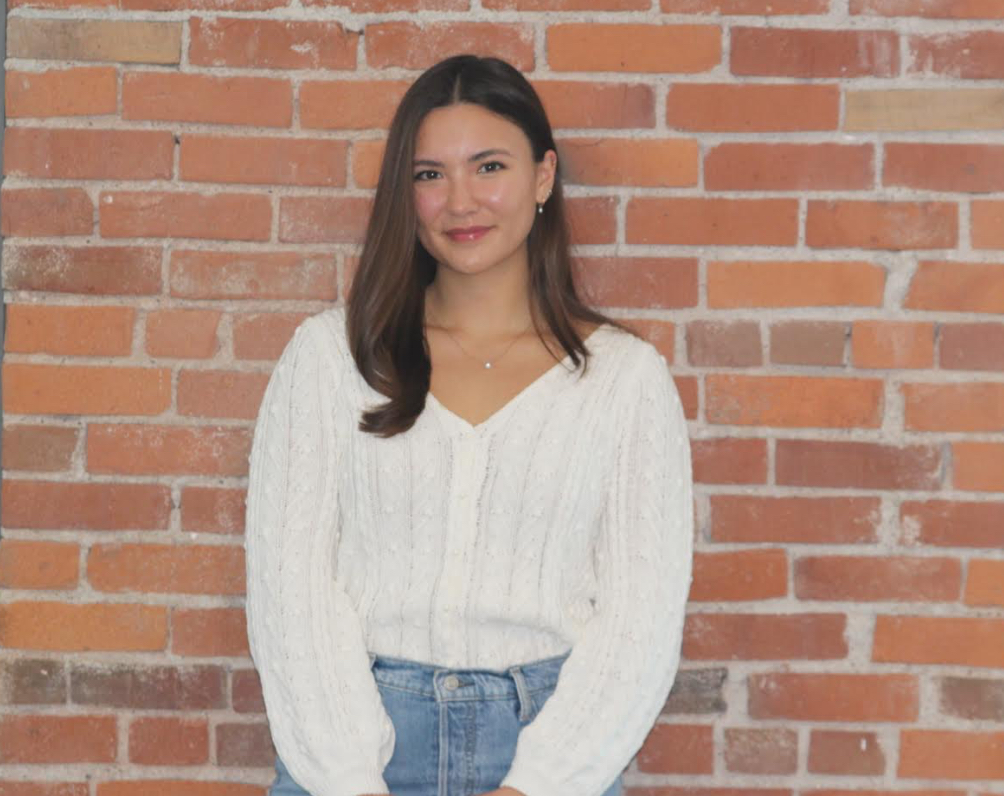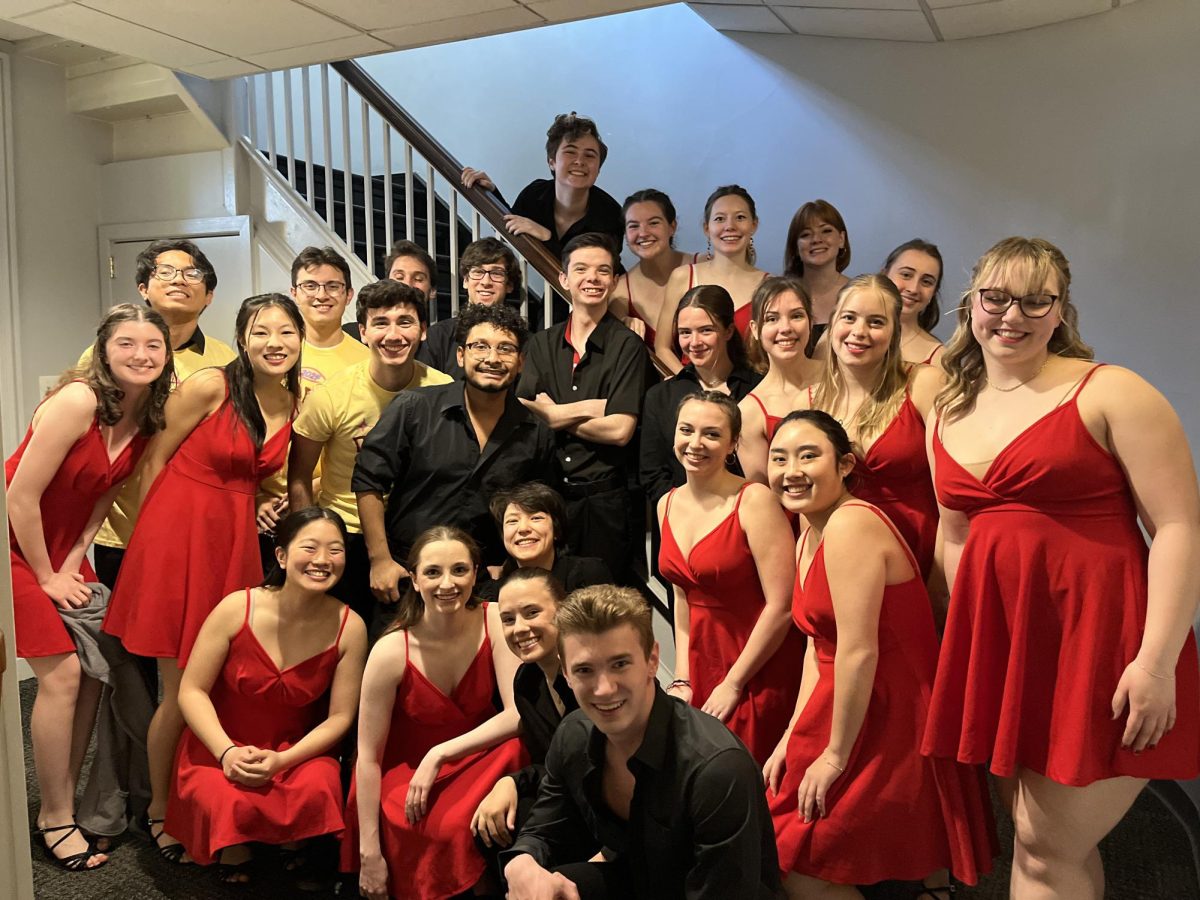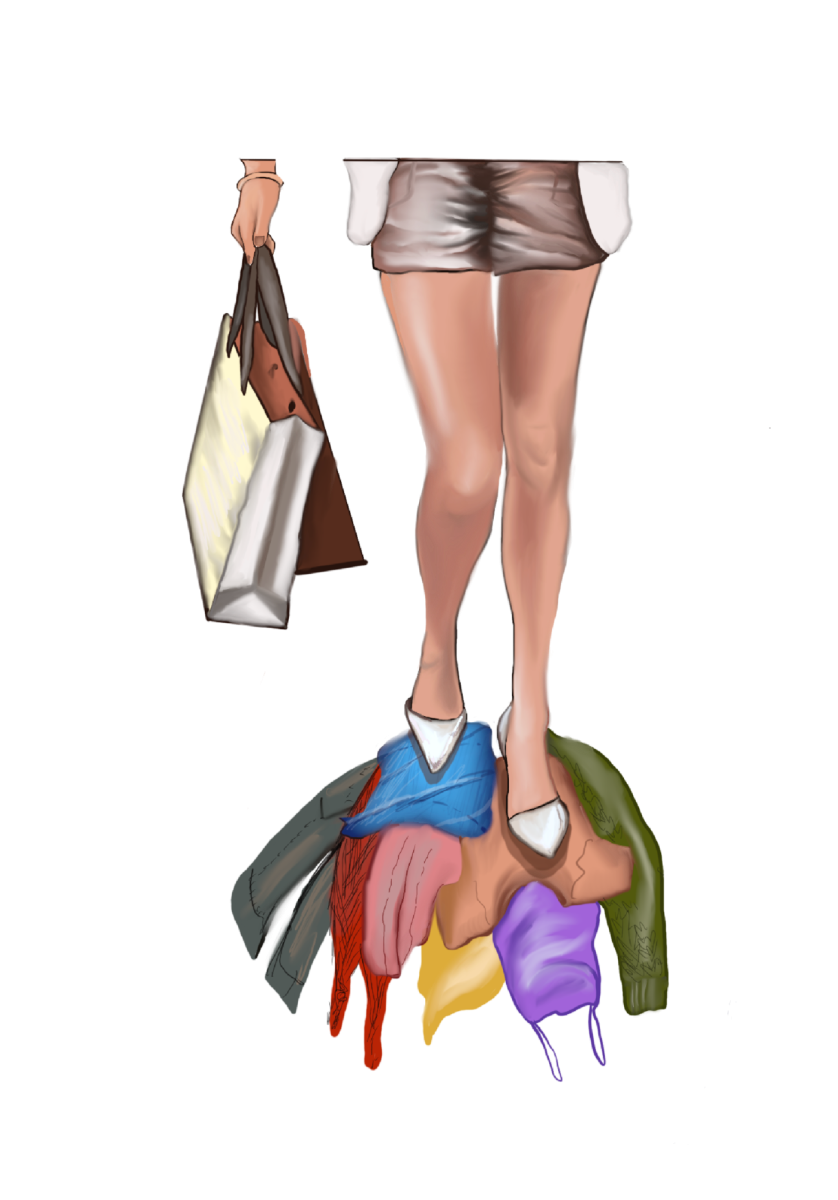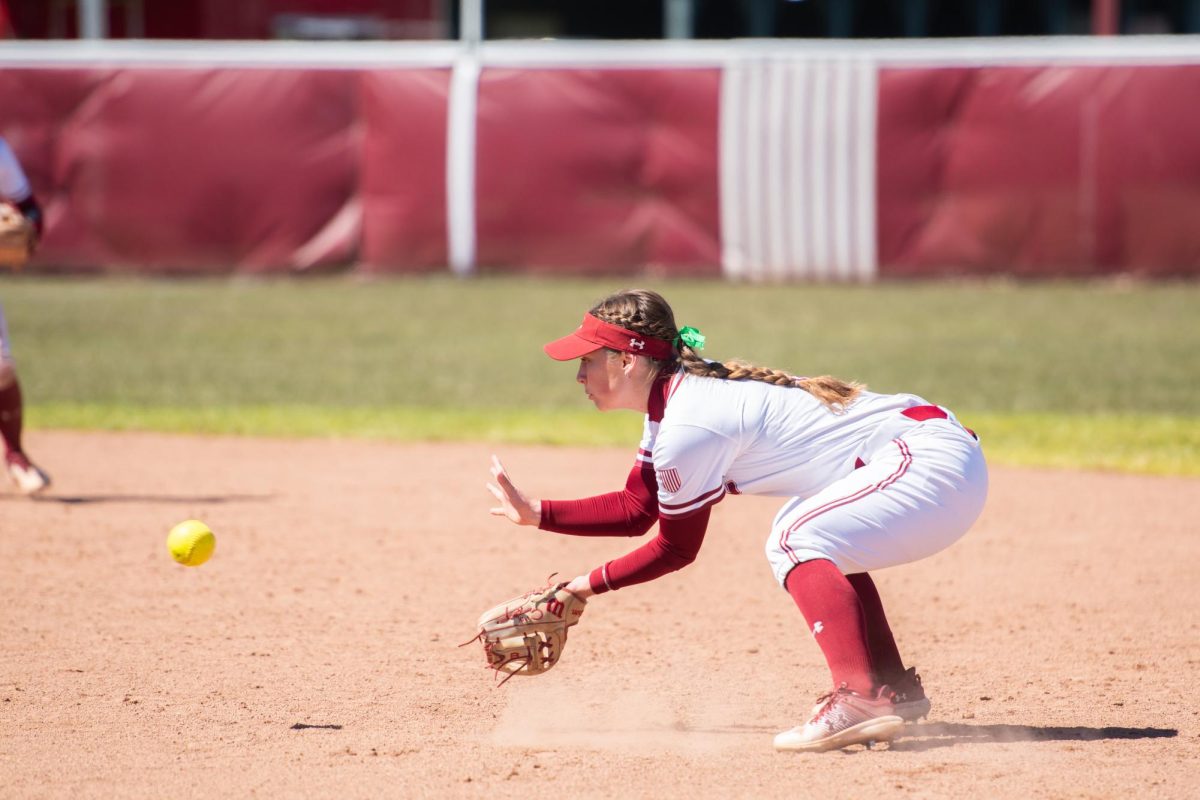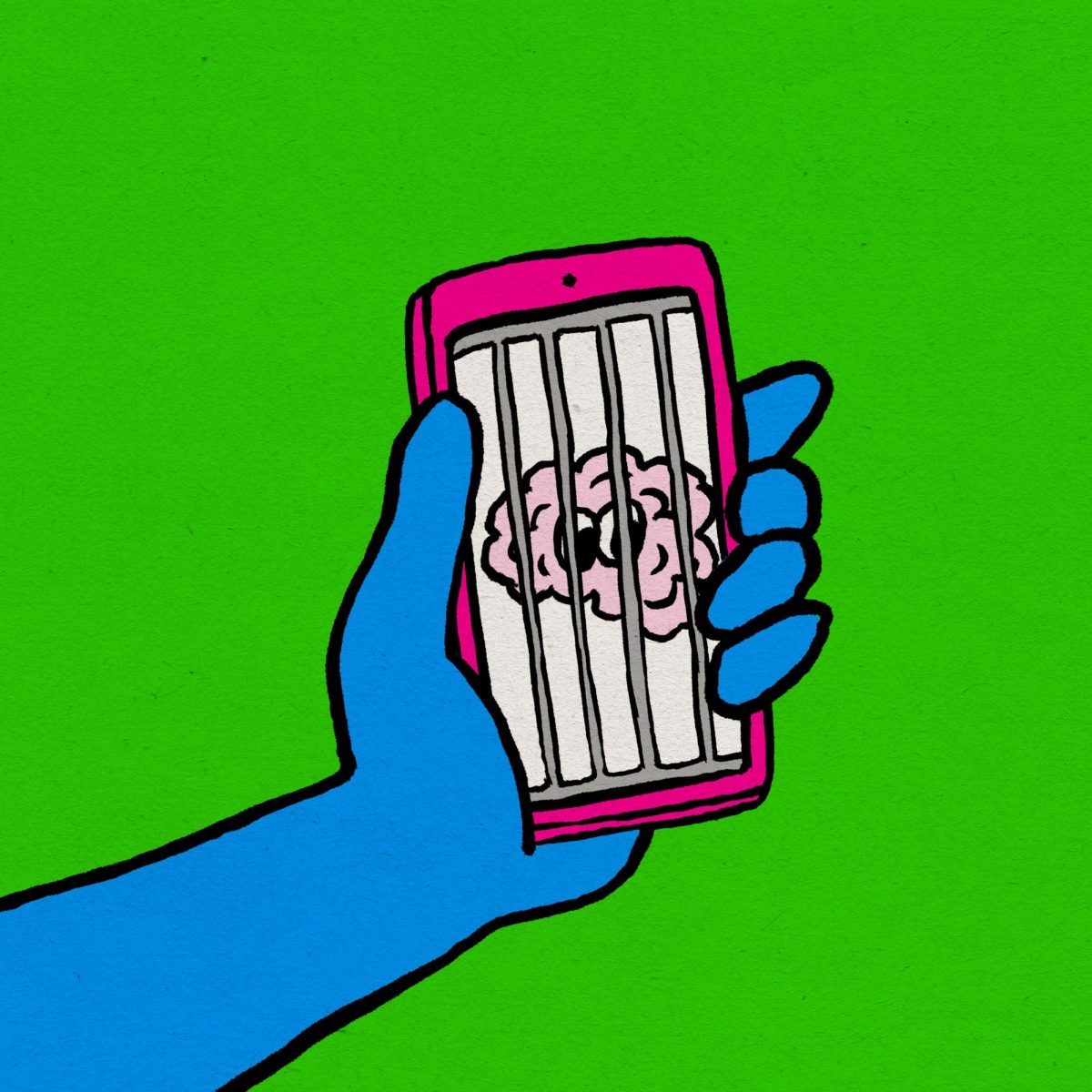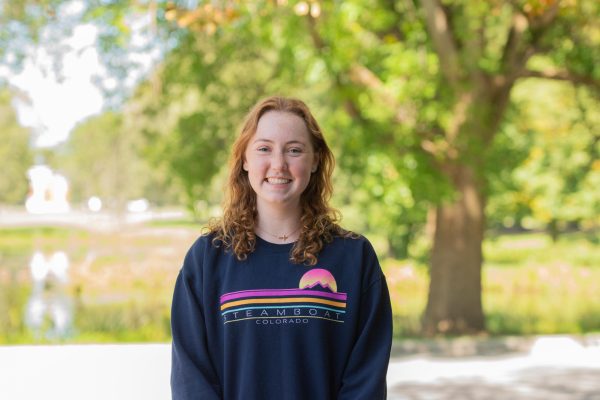When classwork gets difficult, homework seems impossible or practice problems appear unsolvable, the Colgate University peer tutors have your back. Across a variety of disciplines and subjects, students work as tutors for their classmates, providing support and encouragement to anyone who needs a little extra help.
Senior Zach Laster works with Colgate students as an organic chemistry tutor.
“I picked the job because I know how difficult organic chemistry can be,” Laster said. “I wanted to help others get through it, and I really enjoy watching the people I tutor have moments of realization, where concepts start to click and they understand it better.”
Senior Priya Martin, a psychology tutor, chose to become a tutor after having a positive and impactful experience with one herself.
“I had a tutor when I was a student in PSYC 150,” Martin said. “He was so kind and instrumental to my success in the course. I love this job because I know how much of an impact it allows me to have on others, and I always try to keep that in mind.”
Peer tutoring often takes place in small groups, which are focused on supporting the material already taught by the professor. Junior Emma Burdick, a biology tutor, explained the structure of the sessions she leads.
“The other peer leaders meet once a week to discuss problem sets and brainstorm solutions that students we lead may come up with,” Burdick said. “This ensures we can adequately provide students with the best information. We then meet with groups of five to 10 students to facilitate discussion of these problem sets.”
Burdick emphasized the purpose and overall role of the tutors, and how it differs from that of a professor.
“It’s important to note that we are not teaching [students] the material, meaning that we are not standing in front of the classroom writing things out on the board as a professor does,” she said. “Instead, we are peers, simply helping guide students to think critically about biological topics.”
Peer tutoring is a job that requires a great deal of dedication and effort in order to effectively help students. Along with the planning sessions detailed by Burdick, some tutors also continue to attend lectures in order to reinforce their understanding of the material, including Martin in Introduction to Psychology.
“I previously took this course, but I still attend class lectures to make sure I understand the material well enough to be able to explain it,” Martin said. “I hold weekly study sessions where I go over course material with students. I do my best to help them conceptualize some of the more difficult topics by offering examples and testing their understanding and I also answer their questions and clarify anything they didn’t fully grasp.”
Many students tutor through the Center for Learning, Teaching and Research (CLTR). The CLTR also provides information to students about tutors hired by various departments.
Karyn Belanger, the co-director for learning, teaching and research, explained some of the benefits of using a peer tutor, as well as the variety of resources available on campus and through the CLTR.
“Peer tutoring through the Center for Learning, Teaching and Research is just one aspect of peer-to-peer assistance on campus,” Belanger said. “Many departments and courses have their own TAs [teaching assistants], tutors and lab assistants. Very often, being able to receive feedback or guidance from a peer who has recently navigated the same course is immensely beneficial for truly learning material and developing critical thinking capacity.”
Peer tutors speak highly of their work, especially the impact they have on students and the people it brings them closer to. The job comes with practical benefits, as well, including the chance to refresh and stay sharp on foundational concepts.
“I would absolutely recommend the job to others,” Burdick said. “Not only are you helping other students who are now in the shoes you had worn a few months to now a few years ago, in my case, you also help yourself in rethinking about these topics that may be brought up in your class for a few minutes because you are supposed to already know it from [previous courses]. Also, oftentimes the other tutors end up taking some of the same classes as you, and it is always nice to have another friendly face.”
Laster echoed Burdick’s endorsement of the job and the rewards associated with staying sharp on material. Martin reiterated these statements, as well, speaking also to the interpersonal aspect of the job.
“[Being a tutor] can be incredibly fulfilling,” Martin said. “It’s a great way to explore the course content at an even more in-depth level, and it’s a wonderful opportunity to get to know people I may not have crossed paths with otherwise.”


